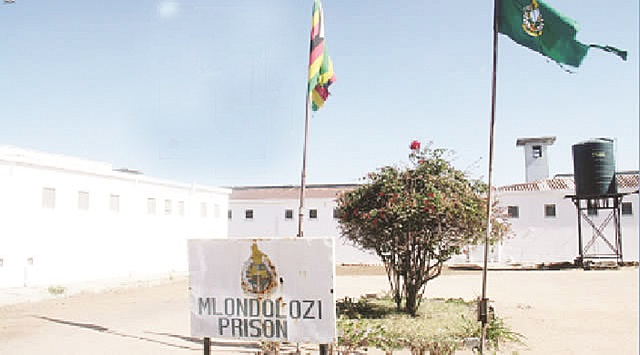
The Sunday News

Robin Muchetu, Senior Reporter
SHORTAGE of forensic psychiatric doctors at local special mental institutions has seen the centres failing to cope with cases of criminal mental patients referred to the institutions.
Mlondolozi Special Unit located within Khami Prison Complex in Bulawayo is one such institution which is battling to cope with reviewing cases of mental patients. Chikurubi Psychiatric Unit is the only other centre in the country that houses criminal mental patients.
Zimbabwe Prisons and Correctional Services has over the years relied on forensic psychiatrist Dr Elena Poskochinova, a Russian expatriate who also sees patients at Chikurubi Psychiatric Unit, Mlondolozi Prison and Ingutsheni Central Hospital.
Forensic psychiatry is a specialised branch of psychiatry which deals with the assessment and treatment of mentally disordered offenders in prisons, secure hospitals and the community. It requires sophisticated understanding of the interface between mental health and the law. Dr Poskochinova is now being assisted by psychiatric doctors Nemache Mawere at Mlondolozi and Patrick Mhaka who is based at Chikurubi Psychiatric Unit.
Speaking on the sidelines of a hand over of the Mlondolozi Special unit which was refurbished by the International Community of the Red Cross last week, Dr Mawere said the shortage was affecting the running of the institution.
“Dr Poskochinova has special training in forensics and she has been assisting us greatly. Certainly it is a big challenge as we do not process patients’ cases as fast as we should because there are no specialised doctors like her,” he said.
He said since he was posted to Mlondolozi, there has been an improvement in the review of cases as he is assisting Dr Poskochinova.
“We are reviewing them more frequently, before she could go for two or three months without seeing a patient but now we review clients every two or so weeks to see how they are improving,” he said.
Asked on the cases of people who commit crimes and feign mental illness, Dr Mawere said they do come across such people.
“We do get such people, we take them and assess them here, when we are not sure of one’s situation we keep the person here and there is no way one can feign mental illness for over a year.
“At some point you break down because you can’t stand the pretence yourself. Some patients actually end up revealing that they have been faking all the time they were in the institution. Some even say other inmates influenced them to pretend to be mentally challenged,” he said.
Added Dr Mawere, “We are trained to assess mental patients and we ask them certain questions, we also observe their behaviour while they are admitted. If you are not on medication and you behave normally then we can tell you are sane. You cannot only behave abnormally when you see the doctor only, you have to be consistent in your abnormality somehow.
“If the crime was committed in a bizarre way, magistrates and judges also quiz if the person committed the crime when they were in their normal senses and one’s behaviour in court also contributes to them sending you for a check,” said Dr Mawere.
ZPCS nurses are now being trained to identify inmates who exhibit out of the ordinary traits when they are in the prison as they may need to be transferred for treatment at Mlondolozi or Chikurubi.
The two special institutions cater for three categories of mental patients, criminal mental patients, detained patients and civil patients.



